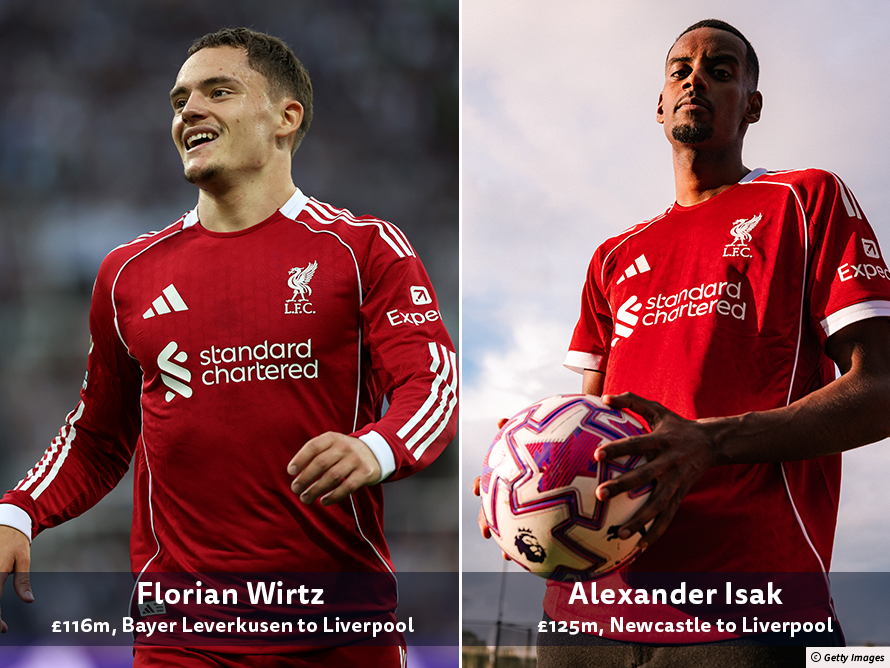Will record spending lead to record success? The Premier League transfer window has just closed, with top teams buying players for huge amounts. But many say the system is unfair.
Top clubs splash the cash in £3bn summer
 Money money money: Reports suggest that Isak will soon be living in a rich man's world, taking home £250,000 in base wages alone every week at Liverpool.
Money money money: Reports suggest that Isak will soon be living in a rich man's world, taking home £250,000 in base wages alone every week at Liverpool. Glossary
Transfer window - A time in the year when football clubs may buy and sell players.
Behemoth - Originally a monster described in the Bible, today the term is used to describe anything large, unwieldy and potentially dangerous.
Lucrative - Profitable, or something that makes a lot of money.
Fifa - The Federation Internationale de Football Association is the world's highest governing body of association football.
